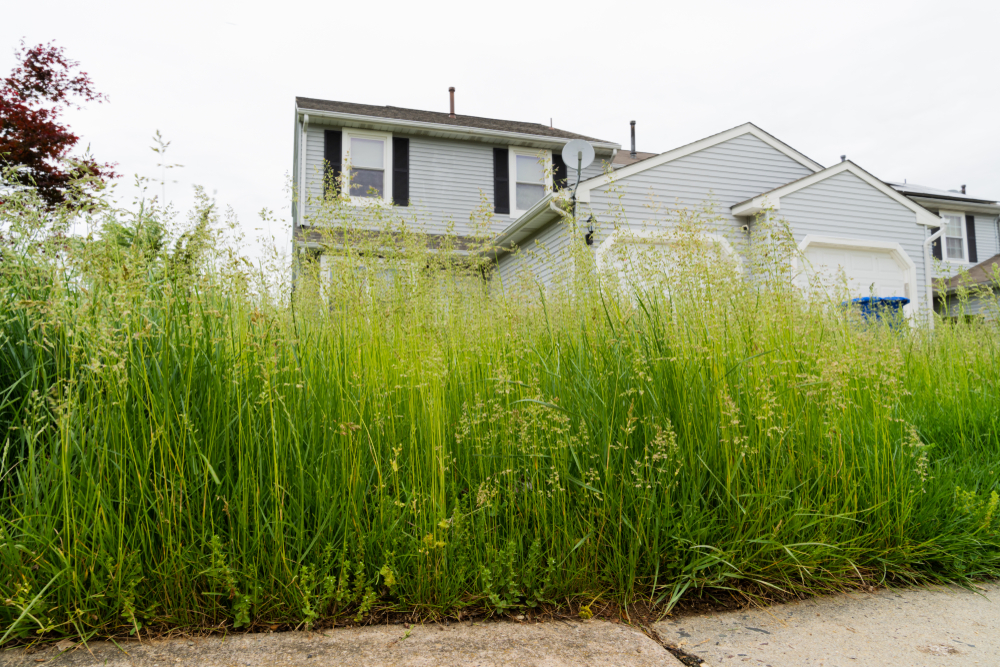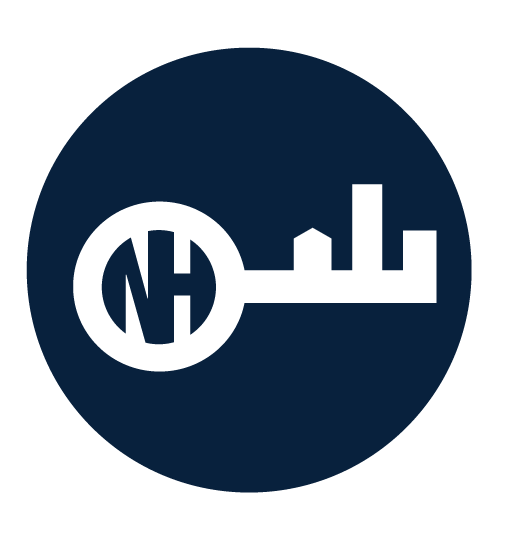With the arrival of spring, any community association attorney will tell you there is often an uptick in the observation of covenant violations throughout residential communities. As lawns come back to life and properties require more frequent attention, HOA Boards should prepare to properly deal with violation complaints.
Why the Sudden Onset of Complaints?
With more homeowners working remotely and sheltering in place, familiarity will breed contempt (as observed by Aesop thousands of years ago). Boards should expect to receive more complaints of covenant violations as residents notice issues during their walks, bike rides and increased time in the community.
While some violations—such as unapproved architectural modifications and other flagrant violations—will need to be addressed aggressively through the association’s enforcement authority, others may warrant a more pragmatic approach that considers the new realities brought about by shelter-in-place orders. When in doubt as to the proper course of action to resolve complaints, consult with your community association attorney for guidance.
Here’s What a Community Association Attorney Says You Can Do About It
There are a number of steps that HOA Boards can take to better manage covenant violations during these challenging times and preserve harmony in the community.
First, before addressing a violation, Boards should consult with their community association attorney to understand what form of enforcement can be imposed if the Board and the violator are unable to resolve the matter amicably. That requires a review of the HOA’s Declaration and Bylaws. Note that fines may be imposed only if the documents specify that action.
The amount of a fine is the next aspect to be addressed. The adoption and publication of a written fine schedule will inform the members of the consequences of non-conforming behavior and increase the likelihood that the fines imposed will be awarded by the court. For those communities with a fine schedule already in place, now is a good time to re-visit them and ensure that the fine amounts and other sanctions remain appropriate under the circumstances.
The Board and its community association attorney will also need to determine if the documents require that a violator be afforded a hearing. If an in-person hearing is not practical under the circumstances, the Board may be able to conduct the hearing by videoconference.
Next, subject to social distancing requirements, the Board should reach out to the owner and discuss the violation and the individual circumstances of each matter as soon as possible. The exchange of information is often critical to resolving violations. For example, an owner might simply need more time to cure a severe exterior maintenance violation due to inability to pay a contractor or to find a professional to make repairs. An owner who is leasing her home without the required approval from the association may need to request a hardship leasing permit. And, an owner who has fallen ill may not have communicated the necessity for more time to attend to home maintenance. All of this information would be helpful for the Board to know as it moves forward with enforcement action.
Finally, Boards should encourage written settlement agreements that protect the association and allow corrective actions and repayment plans that are within the owner’s means. In the agreement, the owner should acknowledge the existence of the violations and any fines imposed, agree to a legally enforceable abatement and repayment schedule, and provide for remedies in the event of non-compliance with the agreement. As fines are tools to incentivize property owners to cure violations, settlement agreements may merit waiver of fines imposed in exchange for corrective action. The community association’s attorney can draft a document that lays out the terms of the agreement and protects the association in the event of default.
Practice Meaningful Mediation
Communicating with homeowners, negotiating settlement agreements and working towards a reasonable compromise will help the association avoid unnecessary litigation. And, if a lawsuit does ultimately become necessary, these efforts can also increase the likelihood that the court will uphold the fines imposed and other sanctions imposed.
Of course, if a violating owner refuses to address a violation or participate in meaningful settlement discussions, the association may need to file a lawsuit to compel compliance with the community’s governing documents. Always keep in mind that Georgia has a two-year statute of limitations to file a lawsuit to remedy a covenant violation that begins to run when the violation commences, not when it is reported. Although Georgia’s judicial system is operating under an emergency order that limits operations and temporarily impacts cases, the courts are still open and accepting new filings.
Cover Your Bases and Consult with a Community Association Attorney
Generally, Boards should consult with their community association attorney to discuss the enforcement mechanisms that are authorized by their association’s governing documents, and evaluate how their association may be able to use those tools to resolve covenant violations in the most efficient and cost-effective manner.
The community association attorneys at NowackHoward provide clients with a holistic approach to their practice, emphasizing the prevention of community conflicts and a commitment to being there whenever you need them.
If your Board has questions about how to properly deal with covenant violations in your community, especially as it pertains to COVID-19, please do not hesitate to give us a call at (770) 863-8900 or go online to schedule a consultation with one of the firm’s highly regarded community association attorneys.


